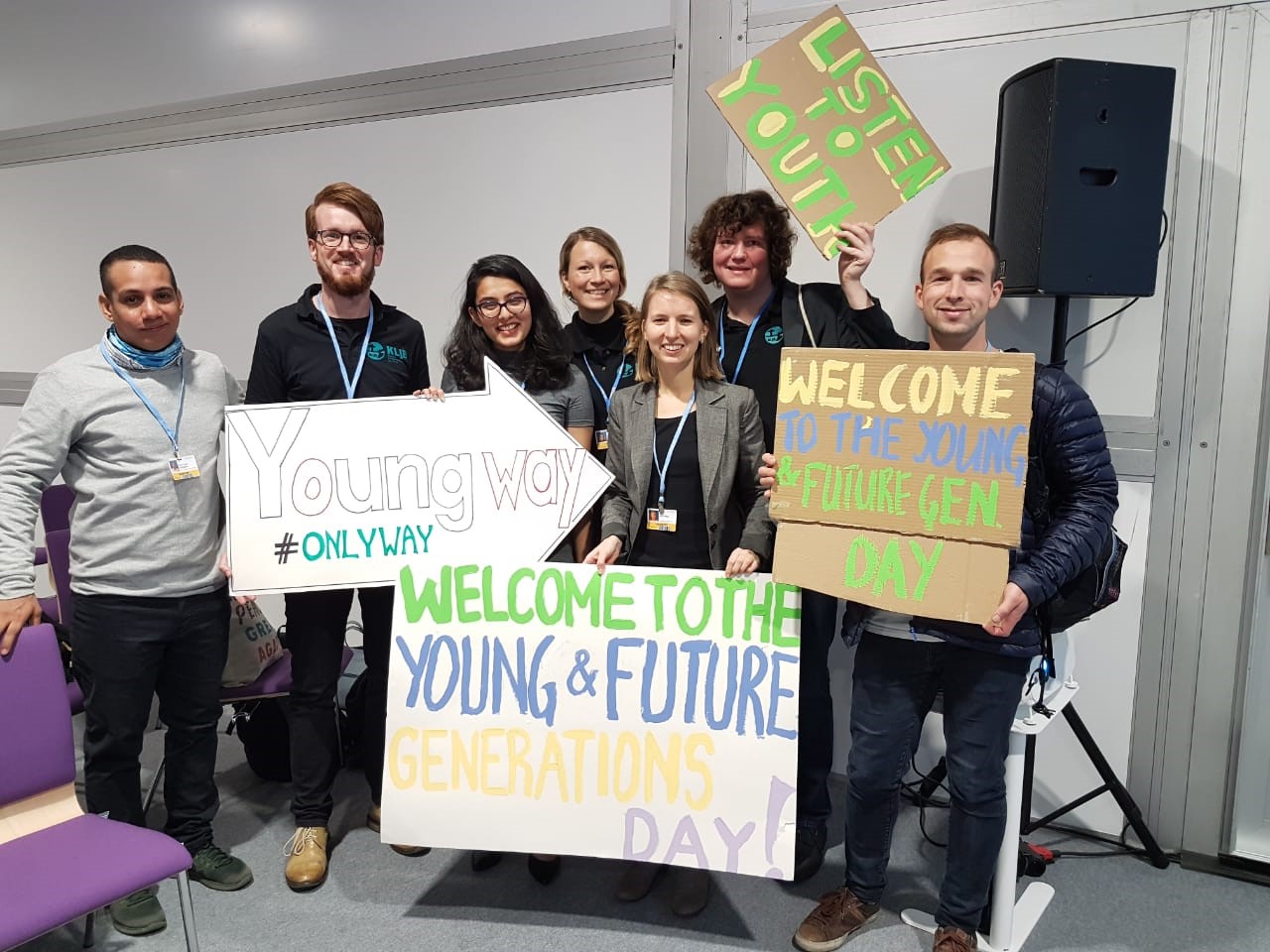by Bernis Trejos Cunningham (ELP 2015) | Legal Advisor, CAC Consultora Legal, Nicaragua
My reflection on the past years working on environmental projects and programs, is that environmental sustainable management is directly related to sustainable development. The social and environmental movements in countries in the developing world need to redirect their scope in democracy, political process, and institutional strength. Without democracy, political process, and institutional strength, we will never accomplish sustainable development goals or solutions to poverty and climate change.
Environmental social movements have a big responsibility in this process. We have seen that weak institutions mean weak environmental protection. In Latin America we have a big problem related to human rights, and in countries like Brazil, Nicaragua, Honduras, and Mexico, environmental activists have been murdered for trying to protect the environment from corporate interests. The protection of the environment is one of the most dangerous jobs in some Latin American countries.
“Latin America remains at the top of the scale for global killings of land and environment defenders in 2017. However, agribusiness has overtaken mining as the industry most linked to the murder of activists – together these industries make up over 60% of known links. Meanwhile, defending national parks continues to be one of the world’s most dangerous jobs, with 21 recorded deaths linked to poaching.” (https://www.globalwitness.org/en/blog/new-data-reveals-197-land-and-environmental-defenders-murdered-2017/)
In the Nicaragua Environmental Center of Conservation, where I work, we have suffered this violent action from our government. Many of our youth volunteers had to escape from the country for political reasons. I can’t say that we are doing better in environmental conservation and human sustainable development.
The other big issue that we need to address in sustainable development is education. We are focusing 90% of our time and resources on developing environmental leadership programs in Nicaraguan schools.
I am writing this article from Katowice, Poland, at COP 24. At this conference, the parties have been discussing human right. Some parties want to take the issue of human rights out of the Paris Agreement Rule Book discussion, but from our perspective this can be really dangerous. From the perspective of the developing world, human rights and climate change are really important.
The last point I want to address is the weak willingness to address the IPCC report in climate change negotiation. Countries like South Arabia, Kuwait, and the US are blocking the words “welcome the IPCC report” and changing them to “take note of the IPCC report.” We can believe that there are still countries against science, if these issues are not included In the rule book; we can start talking about a failed COP 24.
The social movements and youth need to address all their energy in the political process, because as we saw in the elections in the US and Brazil, climate change is affected by the political climate, and the youth and new generations are facing the worst effects of these political decisions.

